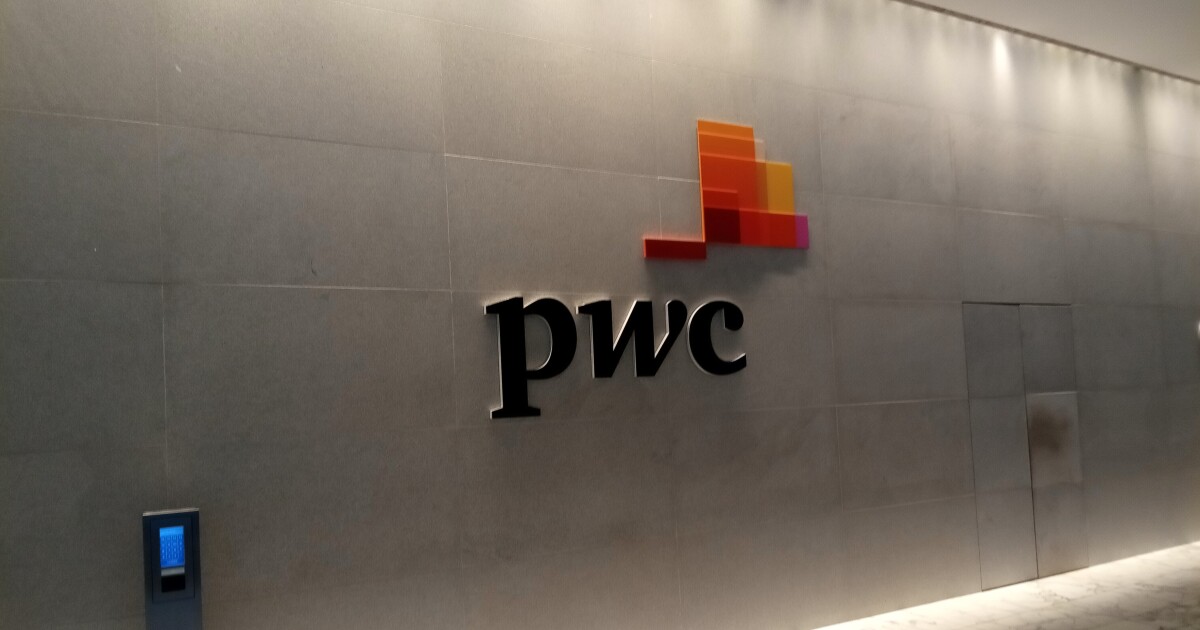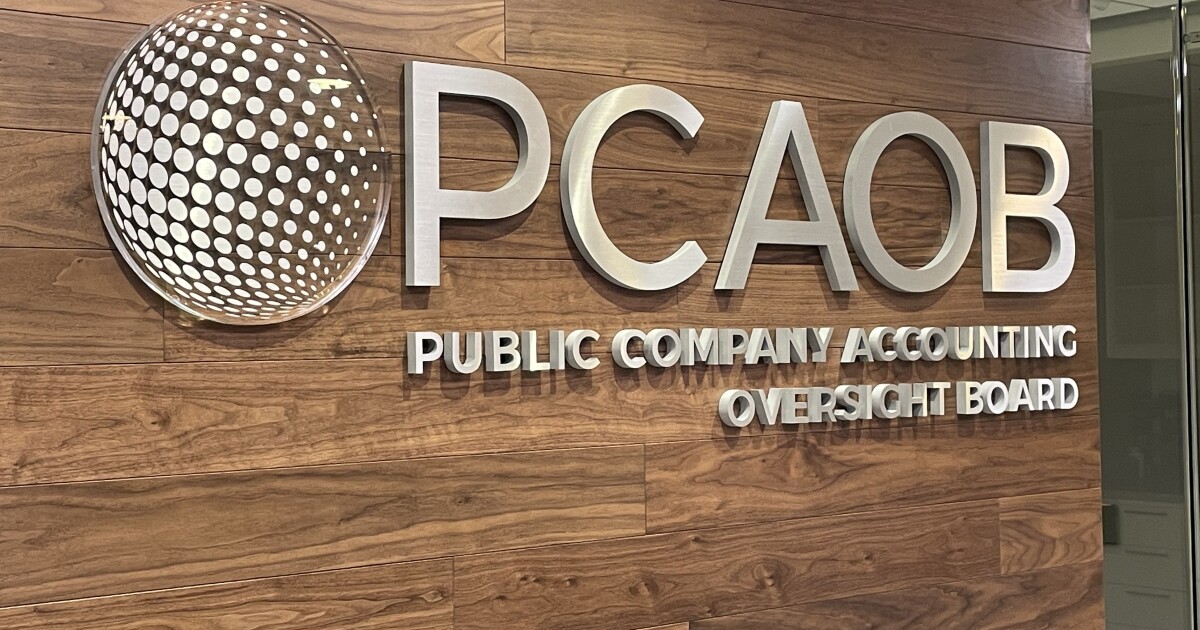UBS Group AG agreed to pay $511 million to settle a U.S. investigation into how Credit Suisse Group, the Swiss bank it bought, helped rich Americans evade taxes even after pledging to stop the practice a decade ago.
A Credit Suisse unit pleaded guilty to conspiring to help its customers hide more than $4 billion from the Internal Revenue Service in at least 475 offshore accounts, the Justice Department said. The U.S. also filed a criminal charge related to U.S. accounts booked at Credit Suisse AG Singapore, which it will drop if the bank cooperates sufficiently.
The resolution ends a long-running scandal involving Credit Suisse, which used Swiss bank secrecy laws to help Americans hide money from the IRS for decades. Even after reaching a 2014 deal where it pledged to stop the practice, Credit Suisse helped U.S. taxpayers open and maintain accounts they didn’t declare to the IRS, hiding their assets and income.
“Credit Suisse committed new crimes and breached the May 2014 plea agreement with the United States,” according to documents filed in federal court in Alexandria, Virginia.
UBS shares were up 0.1% at 9:19 a.m. in Zurich, trading at 25.49 Swiss francs ($30.922).
Credit Suisse unlawfully helped clients hide assets, including a billionaire scion of a wealthy European family, according to the court filings, which didn’t name him. Given his holdings, Credit Suisse had the “highest obligation” to know as much about him as possible but failed to ask about his status, classify him as a U.S. taxpayer, or close his account, the bank said in the filing.
“As early as 2010, the European billionaire was the subject of numerous news articles that identified him as a U.S. resident living in a mansion and referenced U.S. lawsuits in which he admitted to U.S. residency,” according to the court documents. “Credit Suisse kept the account open for years after it had definitive knowledge of the account holder’s US status.”
Zero tolerance
UBS must continue to cooperate with the U.S. under the deal, which could expose other clients to prosecution.
“UBS was not involved in the underlying conduct and has zero tolerance for tax evasion,” the bank said in a statement. The bank declined to specify the precise impact that the settlement would have on second-quarter earnings. In its first-quarter report released on April 30, UBS said that its balance sheet reflected provisions for the matter that it believed to be appropriate, without giving an amount.
The settlement by President Donald Trump’s Justice Department came after prosecutors under former President Joe Biden failed to resolve the case, despite pledging to crack down on repeat corporate offenders.
Pressure mounted after a 2023 Senate Finance Committee report said there were “major violations” of Credit Suisse’s 2014 plea deal. It put the value of “thousands of previously undeclared accounts” valued at more than $1.3 billion – far below the $4 billion that the bank admitted on Monday.
“This settlement fully vindicates the findings of my investigation,” Senator Ron Wyden, the ranking Democratic member of the Senate Finance Committee, said in a statement. “Ultra-wealthy and shady Swiss bankers shouldn’t get a free pass to cook up offshore tax evasion schemes when regular Americans are paying their fair share.”
Court documents detailed how Credit Suisse enabled tax cheating by Dan Horsky, an American business professor who pleaded guilty in 2016 to hiding more than $200 million in assets from the IRS. It also detailed how the bank helped a U.S.-Colombian family evade taxes.
Whistleblowers told the Senate committee that the family members held nearly $100 million at Credit Suisse for a decade before transferring those assets to other banks without telling the IRS. One family member, Gilda Rosenberg, pleaded guilty on March 10 to conspiring with two relatives to hide $90 million from the IRS between 2010 and 2017.
An attorney for the whistleblowers, Jeffrey Neiman, said their evidence “uncovered and exposed this ongoing misconduct” despite the risk it posed to them.
“Today, they feel vindicated — for telling the truth, for risking everything, and for standing up to one of the world’s most powerful financial institutions,” Neiman said.
The tax resolution came after UBS received a key regulatory exemption to manage $11 billion in U.S. pension funds despite four previous convictions between UBS and Credit Suisse. On Jan. 15, the Labor Department granted a five-year extension to UBS of its status as a so-called Qualified Professional Asset Manager.
UBS secured the exemption despite the Labor Department noting the “scope, seriousness, and recurrent nature of UBS’ prohibited misconduct are unique,” according to a notice in the Federal Register. The agency cited the need for independent annual audits to ensure UBS adheres to “applicable fiduciary provisions” and “a strong culture of compliance.”
UBS said in its first-quarter report that it had a provision for potential costs tied to Credit Suisse’s compliance with the 2014 plea deal. It didn’t disclose an amount.
A Bloomberg Intelligence analysis estimated that more than a quarter of the group’s legal reserves of $3.85 billion at the end of March were for Credit Suisse cases in the U.S. UBS also had $2 billion in contingent liabilities relating to litigation, regulatory and similar matters for the Credit Suisse purchase.
The settlement comes amid fresh scrutiny of Credit Suisse’s history of handling Nazi-linked accounts. In December, the bank reinstated Neil Barofsky as an independent ombudsman to oversee its review of those accounts. The decision was announced by the Senate Budget Committee, which is probing Credit Suisse’s internal investigation.
“A clear-eyed and historically complete evaluation of Credit Suisse’s servicing of Nazi-linked accounts demands painful facts to be met head on, not swept aside,” Senator Chuck Grassley of Iowa and Senator Sheldon Whitehouse of Rhode Island said in a statement at the time.
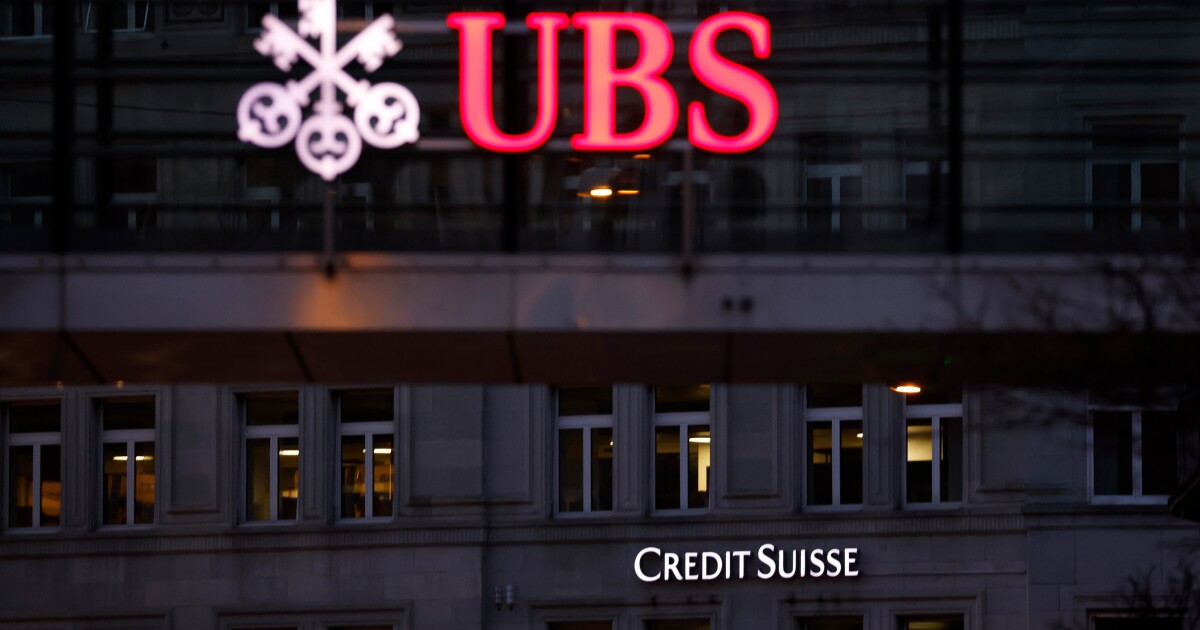
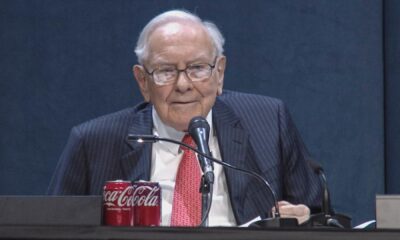
 Finance3 days ago
Finance3 days ago
 Personal Finance1 week ago
Personal Finance1 week ago
 Economics1 week ago
Economics1 week ago
 Finance4 days ago
Finance4 days ago
 Personal Finance5 days ago
Personal Finance5 days ago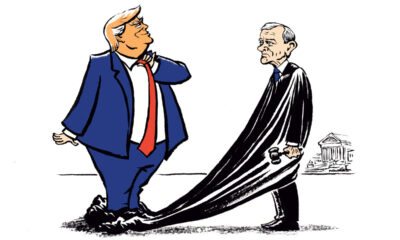
 Economics5 days ago
Economics5 days ago
 Personal Finance6 days ago
Personal Finance6 days ago
 Economics5 days ago
Economics5 days ago



